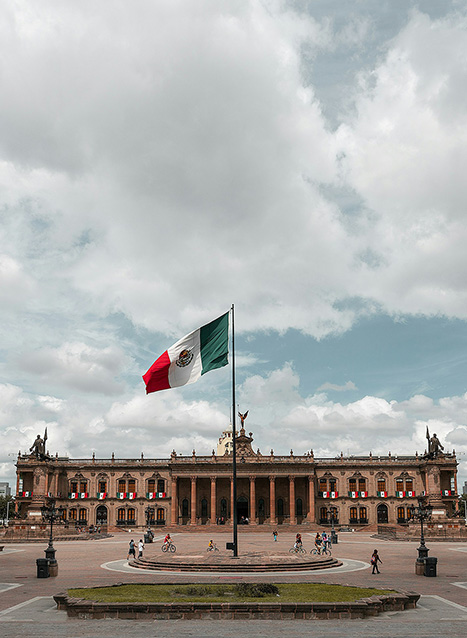Evacuations from High-Risk Locations Call +44 (0)1202 308810 or Contact Us →

Pre-Election Violence and Criminality, Mexico 2018
20 Apr 2018
Elections are due to be held across Mexico on 01 July 2018, for positions ranging from local council memberships, city mayoralties, and the national presidency. Since the start of the official electoral season in late 2017, at least 82 candidates have been killed, mostly in shootings in which the attackers remain anonymous. Four candidates were killed within the last week alone. A larger number of candidates have reported explicit and repeated death-threats, and it is likely that many more threats remain unreported, or simply resulted in a candidate’s withdrawal.
Key Points
- At least 82 political candidates have been killed since September 2017.
- Opposition candidates with an anti-corruption mandate make up the majority of those targeted.
- Narcotics gangs seek to retain and expand their influence on key smuggling routes.
Situational Summary
Crime: Elections are due to be held across Mexico on 01 July 2018, for positions ranging from local council memberships, city mayoralties, and the national presidency. Since the start of the official electoral season in late 2017, at least 82 candidates have been killed, mostly in shootings in which the attackers remain anonymous. Four candidates were killed within the last week alone. A larger number of candidates have reported explicit and repeated death-threats, and it is likely that many more threats remain unreported, or simply resulted in a candidate’s withdrawal.
Solace Global Comment
As noted previously, the majority of the killings were conducted as anonymous shootings targeting candidates conducting normal daily activities, generally when travelling by car, or otherwise isolated. Given the disparate nature of the attacks, and the ineffectiveness of investigations to date, tying each attack to a specific individual or group remains impossible. The broader trend, however, remains clear: the attacks are almost certain to be coordinated and carried out by members of Mexico’s expansive, wealthy, and heavily armed narcotics gangs; known for frequent and graphic executions of their opponents.
The narcotics gangs appear to be targeting candidates standing on anti-gang or anti-corruption platforms. They desire the election of officials into office who will ensure that the jurisdictions in question remain a permissive environment for drug production, trafficking, and other criminal activities associated with these functions.
To this end, those targeted have principally been candidates for local and regional positions, who may directly influence the civil culture and political environment at a local level. These candidates are generally limited in their resources, making them more susceptible to payoffs by organised crime groups and also less able to afford to implement rigorous security measures. The limited success of Mexico’s “war on drugs” has been due in part to the various cartels’ ability to leverage their impressive financial means to exert controlling influence upon local government and law enforcement. Candidates with a clear stance against this practice therefore pose a direct threat to the gangs’ continued operations.
Such attacks are likely to escalate further in the months before the election as candidates who have resisted the threats of violence are directly targeted. There is also a risk that defeated incumbents may be targeted in revenge killings for their actions in office as their access to security measures is reduced.
Whilst the escalation in violence remains alarming, the risk to travellers in Mexico is unlikely to increase substantially beyond present levels. Business travellers engaging directly with local government officials or electoral candidates may experience disruption or harassment tied to activity against the candidate in question, but are unlikely to be directly targeted. The principal threat to travellers will remain opportunistic property crime, express kidnap, or corruption.
SECURITY ADVICE
CrimeHighTravellers are advised to maintain a heightened sense of awareness when travelling to Mexico, particularly if visiting areas away from tourist districts. Efforts should be made to avoid attending public political events, and enhanced security measures should be considered if conducting business with political candidates or office-holders.
Opportunistic robbery, corruption, and express-kidnap remain the most likely threats to target travellers in Mexico, all of which may be accompanied by the threat of violence. Should you be targeted in such a manner, travellers should offer no resistance and minimise the risk of inciting the attacker to use force.
Solace Global would advise clients to employ enhanced security measures when visiting Mexico â airport meet and greet and pre-booked driver for all travel should be considered the minimum security precaution against criminal activity. Travellers may also wish to employ executive protection, particularly if conducting high profile business. All travellers should employ travel tracking and intelligence software in order to support implementation of duty of care, and ensure travellers remain aware of changes to their security environment.